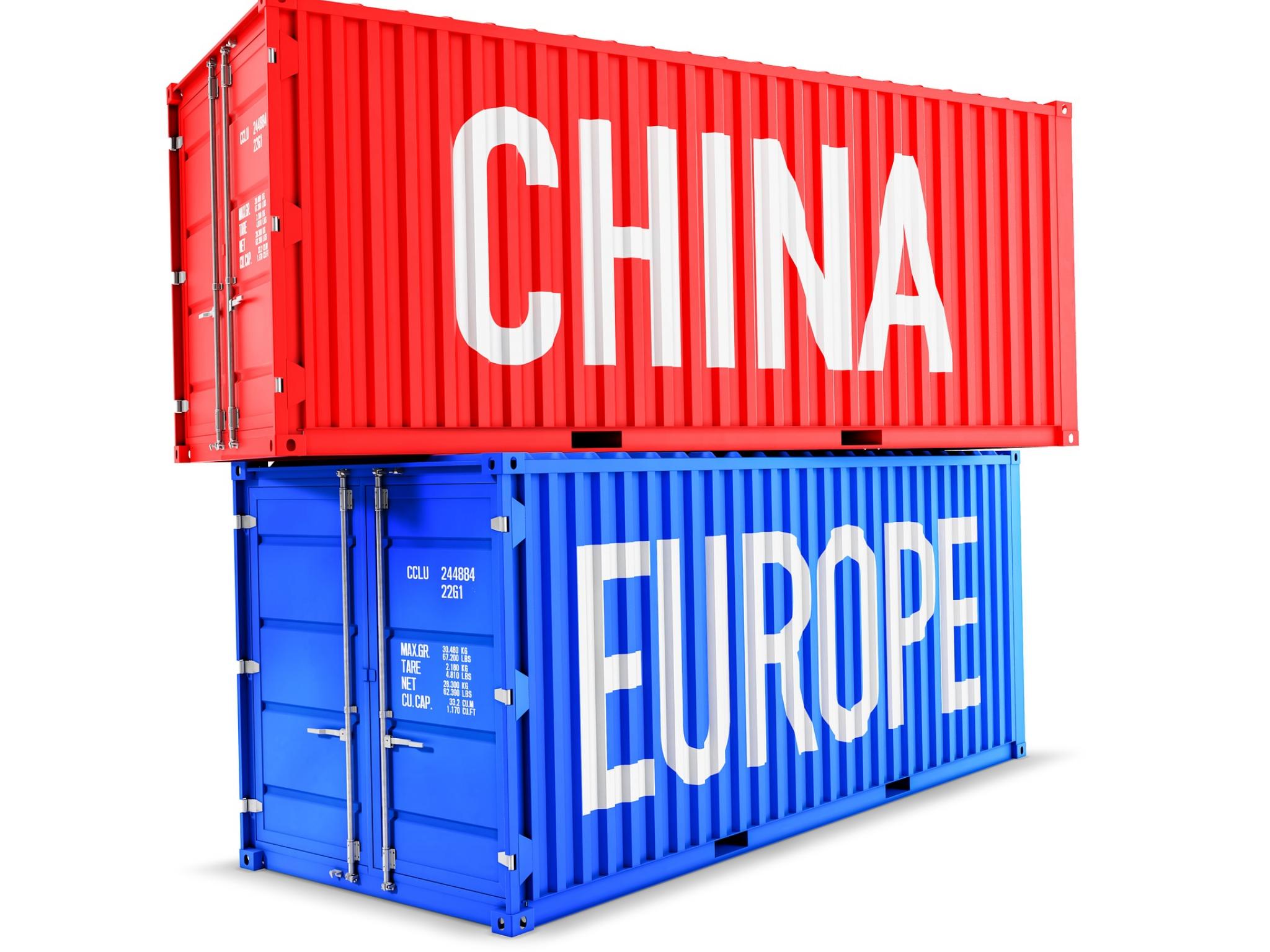
Since late August, China's strict zero-covid policy led to a full or partial lockdown of more than 70 cities. As a result, the demand for energy has fallen.
What Happened: Shenzhen, one of the world's busiest container port cities, continues to experience lockdowns.
This has caused the production and manufacturing demand to remain in a slump for China. Chinese companies holding long-term contracts with U.S. liquified natural gas (LNG) are now selling excess energy imports for a profit, the Wall Street Journal reported.
South Korea, Japan and Europe are buying. The most recent shipment to Europe is believed to have generated between $110 million and $130 million for one shipment of LNG.
As of 2022, only 19 U.S. LNG vessels docked in China, compared to 133 vessels last year, the report continued.
After Europe gobbled up gas imports for the first half of the year, they have successfully brought its gas-storage occupancy rate up to 77%. If the current projections continue, Europe will fill its gas storage facilities to 80% by November, the Nikkei reported.
Why It Matters: Cheniere Energy Inc. (AMEX:LNG) signed with China’s ENN natural gas and Sinochem International Corp. for the delivery of 0.9 million metric tons of liquified natural gas a year per company to come into effect in July 2022, with a shipment planned for Oct. 18.
Roughly 7% of Europe’s gas imports for the first half of the year have come from Chinese liquified natural gas, accounting for 4 million tonnes of gas resold.
According to the U.S. Energy Information Administration, Russian gas supply to Europe is at a 40-year low, as Europe is becoming more reliant on Beijing’s energy imports to avoid a frozen winter.
In September, Gazprom announced that it will use the Russian ruble and Chinese yuan as payments for gas exports, instead of the euro in an effort to circumvent Western sanctions, per Business Insider.
As China increased its purchase of Russian gas to 30% this year, the question is not if China’s economy will return to pre-pandemic demand, rather the question remains when will the (CCP) loosen its zero-covid policy.







